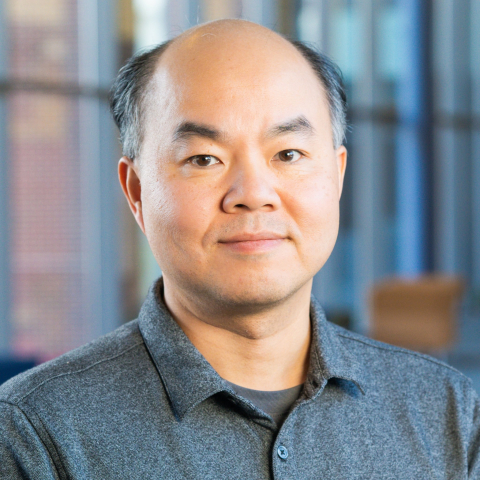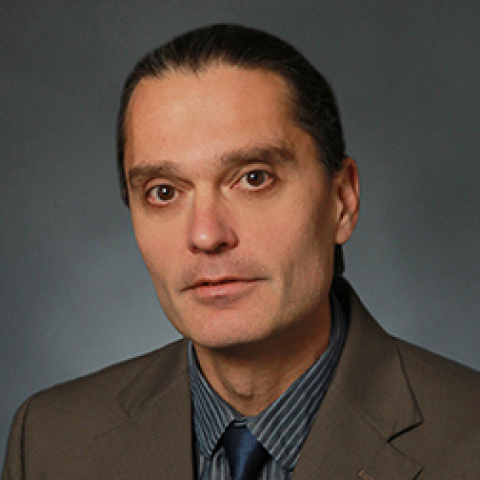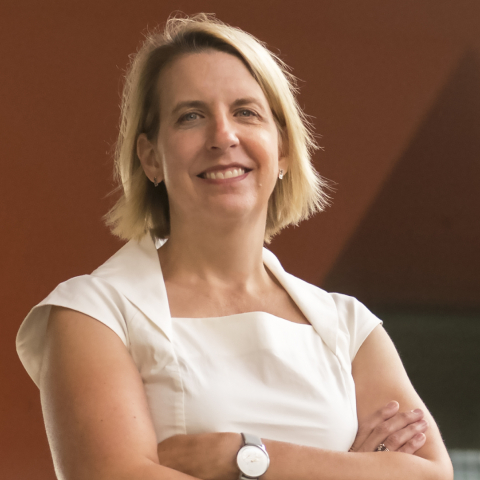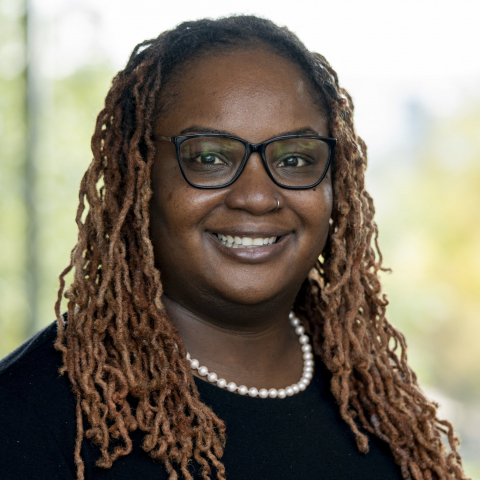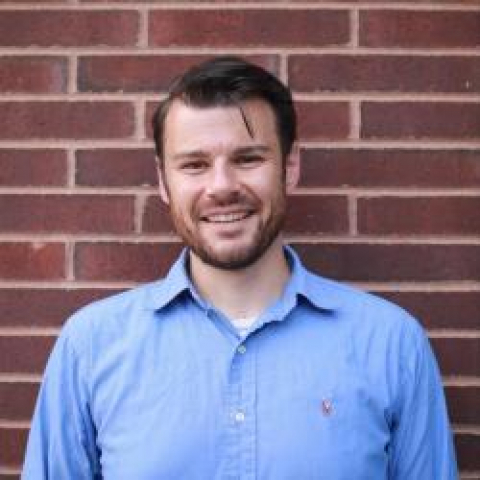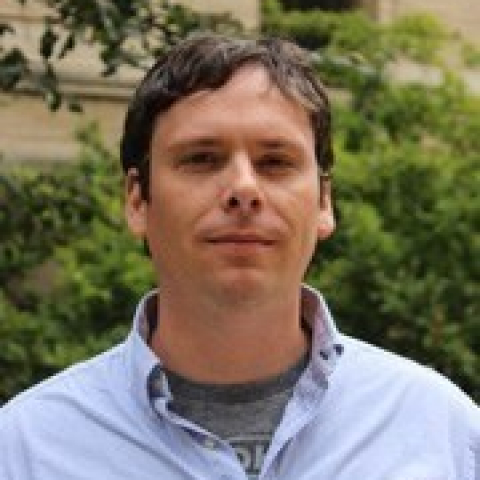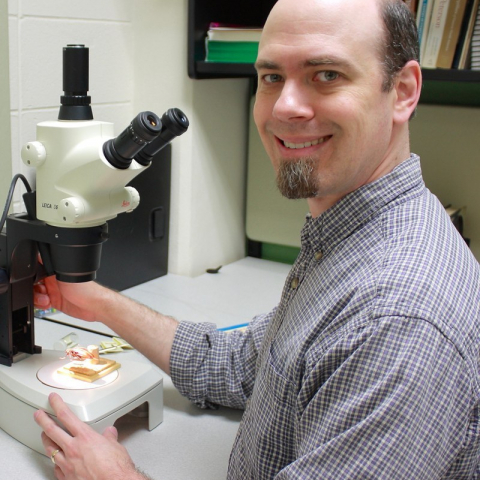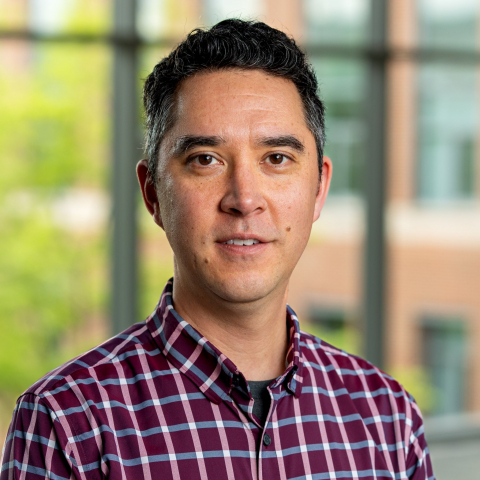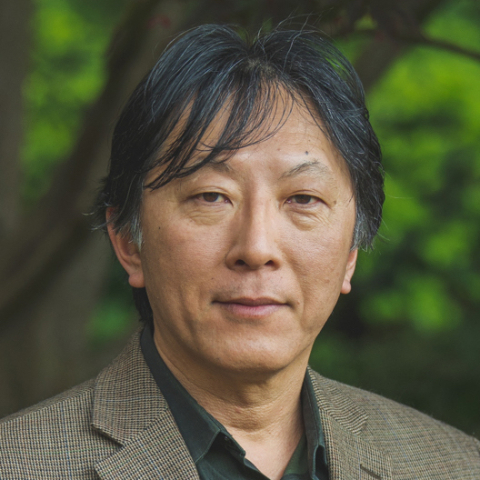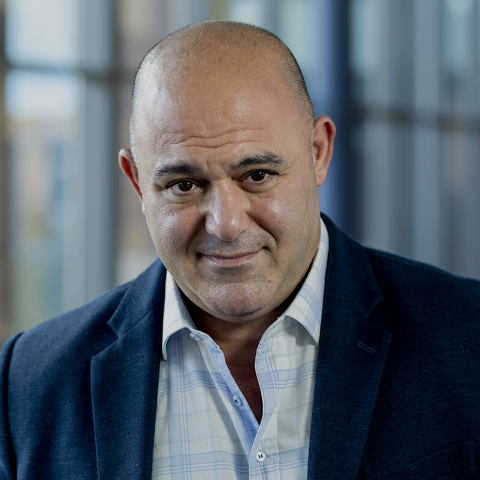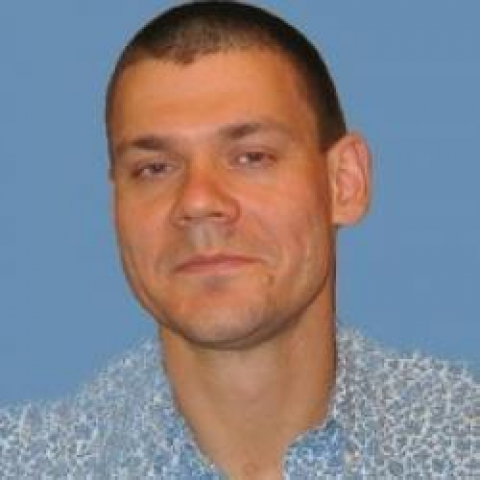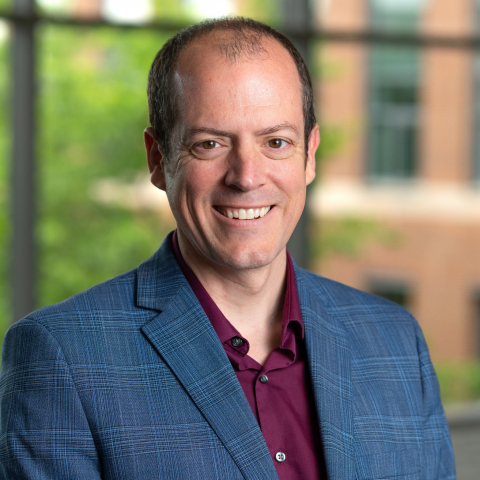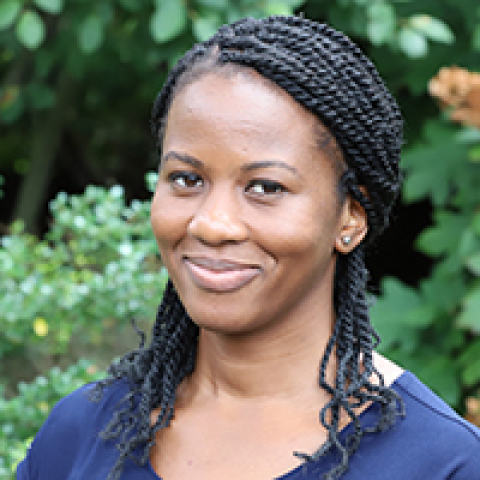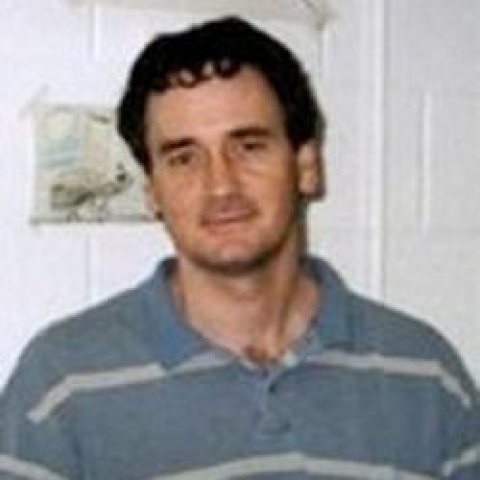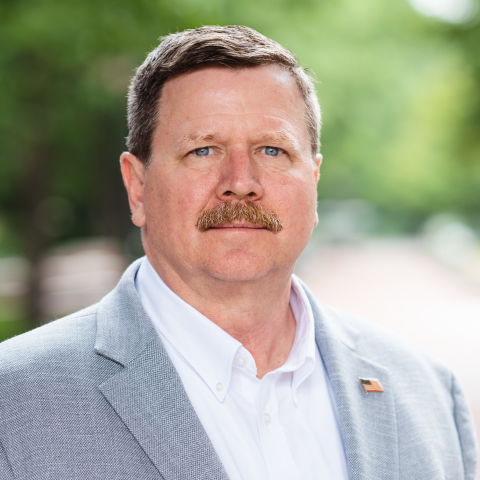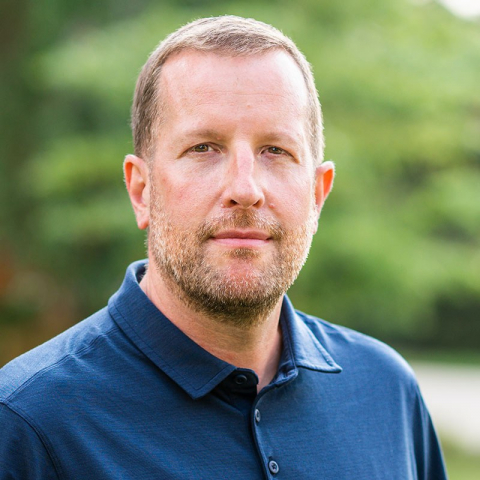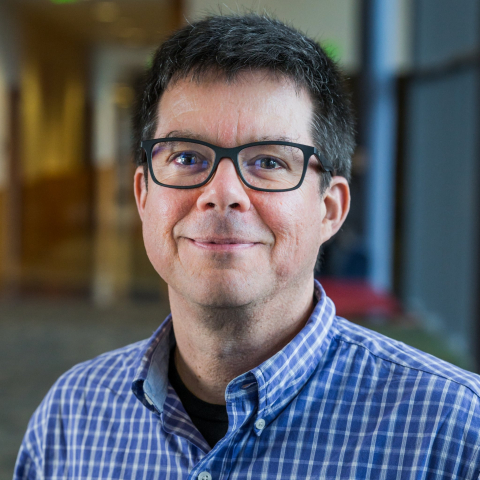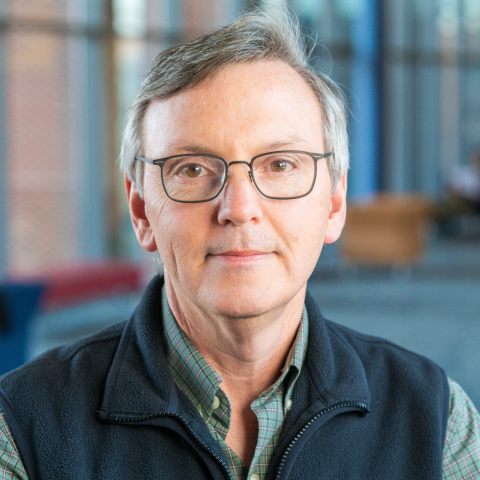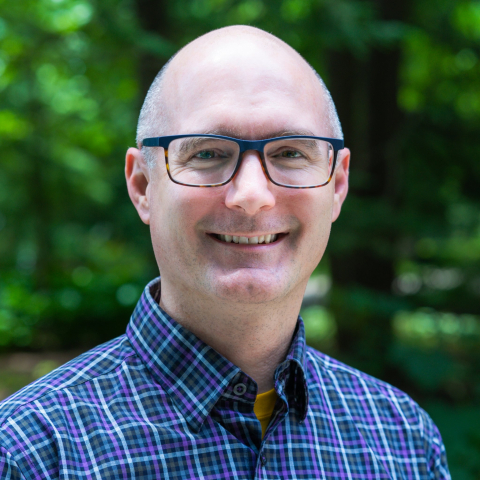Faculty
Yingwei Mao
Professor of Biology
Regulation of neurogenesis using cellular and mouse models; analysis of abnormal neural progenitor cell (NPC) proliferation and its relationship to mental illnesses; identification of drugs that can reverse mouse models of psychiatric disorders.
Costas Maranas
Donald B. Broughton Professor of Chemical Engineering
Computational studies of metabolism and gene regulation.
Elizabeth McGraw
Professor and Huck Scholar in Entomology
The genetics of vector, pathogen and symbiont interactions.
Melanie McReynolds
Huck Early Career Chair in Biochemistry and Molecular Biology; Assistant Professor of Biochemistry and Molecular Biology
The biochemistry behind aging and its intersection with stress, with the long-term goal of identifying strategies that promote healthier aging.
Scott Medina
Associate Professor of Biomedical Engineering
Design of bio-inspired functional materials that serve as new tools in precision medicine. Understanding how peptides and proteins assemble at natural and non-natural interfaces to form organized structures with unique biochemical functions. The design of nano- and micro-scale biomaterials to develop new biosensing and therapeutic strategies to treat infectious disease, inflammation and cancer.
Timothy Meredith
Professor of Biochemistry and Molecular Biology
Understanding how bacterial cell surface complex lipids are synthesized, to characterize structural modifications in response to varying growth environments, and to uncover how these changes are regulated.
Rob Mitchell
Associate Professor of Chemical Ecology
Entomology, chemical ecology, and chemoreception.
Tim Miyashiro
Professor of Biochemistry and Molecular Biology
How bacteria adapt to a host environment. The mutualistic symbiosis established between the Hawaiian bobtail squid (Euprymna scolopes) and a bioluminescent bacterium (Vibrio fischeri).
Katsuhiko Murakami
Director of the Center for Structural Biology; Professor of Biochemistry and Molecular Biology
Structural and Mechanistic Enzymology of Prokaryotic RNA Polymerases
Gustavo Nader
Dorothy Foher and J. Lloyd Huck Chair in Molecular, Cellular and Integrative Physiology, Professor of Kinesiology
Ribosome biogenesis and cellular growth control. Transcription and epigenetic regulation of ribosomal RNA genes.
Anton Nekrutenko
Dorothy Foher Huck and J. Lloyd Huck Chair in Genomics, Professor of Biochemistry and Molecular Biology
Evolution of overlapping reading frames in eukaryotic genomes.
Edward O’Brien
Professor of Chemistry
Developing and applying Physical Bioinformatic techniques to measure rates of translation transcriptome-wide and their molecular origins as relates to fundamental biology and disease.
Denise Okafor
Huck Early Career Chair in Biophysics, Assistant Professor of Biochemistry and Molecular Biology
Structural mechanisms of signaling and regulation in protein complexes.
Richard Ordway
Professor of Molecular Neuroscience and Genetics
Genetic analysis of neural function.
Troy Ott
Dean of the College of Agricultural Sciences; C. Lee Rumberger and Family Chair in Agricultural Sciences; Professor of Reproductive Physiology
Reproductive immunology and the physiology of early pregnancy.
Andrew Patterson
Associate Director, Huck Institutes of the Life Sciences; Professor and Huck Chair of Molecular Toxicology; Faculty Oversight, Metabolomics Core Facility
The Patterson lab is focused on understanding the host-metabolite-microbiome axis
Robert Paulson
Professor of Veterinary and Biomedical Sciences
The Paulson lab studies the mechanisms that regulate tissue regeneration with a focus on understanding the response to anemic and hypoxic stress
Anthony Pedley
Assistant Research Professor
Nucleotide metabolism in mammalian cells and human disease
Gary Perdew
Director of the Center for Molecular Toxicology and Carcinogenesis; H. Thomas and Dorothy Willits Hallowell Chair in Agricultural Sciences
Mechanisms of receptor-mediated carcinogenesis.
George Perry
Professor of Anthropology and Biology
Anthropological genomics, paleogenomics, human body size evolution, parasite evolution, and evolutionary medicine.
